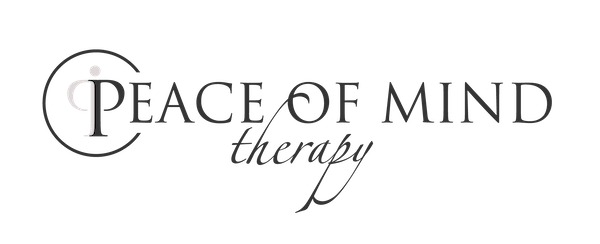Use your mindfulness practice to decrease empathy fatigue.
June has been a month of continued global stress with Coronavirus, but it also became a month of social and political unrest, with long-overdue discussions and protests exposing the pandemic of racial injustice and police brutality in our country and across the world.
What does this have to do with mindfulness? Everything.
We encourage you to listen, to learn and to be an advocate for marginalized and melanated voices. And we don’t want it to cost you your mental stability. So let’s bring to light a growing concern and a term that may resonate with you or someone you know:
Compassion/Empathy Fatigue: A condition characterized by emotional and physical exhaustion leading to a diminished ability to empathize or feel compassion for others, often described as the negative cost of caring.
What are the signs of compassion/empathy fatigue? Take mental note of how many of these feel present in your life right now:
Feeling burdened by the suffering of others
Blaming others for their suffering
Isolating yourself
Loss of pleasure in life
Difficulty concentrating
Insomnia
Physical and mental fatigue
Bottling up your emotions
Increased nightmares
Feelings of hopelessness or powerlessness
Frequent complaining about your work or your life
Overeating
Excessive use of drugs or alcohol
Poor self-care
Beginning to receive a lot of complaints about your work or attitude
Denial
If you are experiencing some or all of these feelings, we want to help. But don’t wait until you have an appointment with your therapist, start right now.
How to Care Deeply Without Burning Out
Find Your Balance: Consider how you want to show up. What ways can you be involved that feel balanced with your life? Ex: Donate, protest, community service, self-examination/education, conversations with family, etc. You may feel motivated to be doing all of these or maybe none of them because it’s overwhelming. But if you take enough time to thoughtfully consider these options, you’ll likely feel like one or two feel within your reach.
Healthy Distancing: Create boundaries around (and vet) your media content. This includes identifying trustworthy/unbiased news sources, and social media feed. Remember that our smartphones keep us so close to the news, that it sometimes doesn’t feel like we have choice around the content/notifications that pop up on our phone. Challenge that by creating some healthy distance between you and your phone when possible (at home, at work). Not sure how? Borrow a page from physical distancing guidelines… 6ft is a good place to start. Or just practice titrating your news stream to once daily—at a time that feels right for you.
DO: Take 10, intentional minutes to listen to the news on your commute to work or a break in your day.
DON’T: Scroll through social media and your news source while lying in bed (either just after waking, or at bedtime).
Practice Your Practice: Pause for 2, 10, 20 minutes to meditate, practice relaxation or breathing techniques. When you make mindfulness meditation a daily practice, you consciously pause to do less, but you cultivate more. More compassion, more empathy, more calm, more mental stability and energy. Take a moment to bring to mind an affirmation like, “I am deepening my compassion for myself and others” and pair it with this simple meditation below. You can call upon this practice at any moment in your day to decrease empathy fatigue and overall stress.
Self Empathy Cultivates Empathy for Others
At any given moment, we are exposed to, and processing some seriously significant stressors as a Collective. Do you want to rise to meet these stressors with a clear mind, compassion and endurance? Then showing up for yourself first is vital; it’s what strengthens and cultivates the sustainability necessary to continue showing up for the people you care about. With healthy boundaries, intention setting and a mindfulness practice, you can create meaningful change, and deepen empathy, not exhaust it. Get involved, stretch your tolerance for discomfort and do something… because compassion is life-changing.

